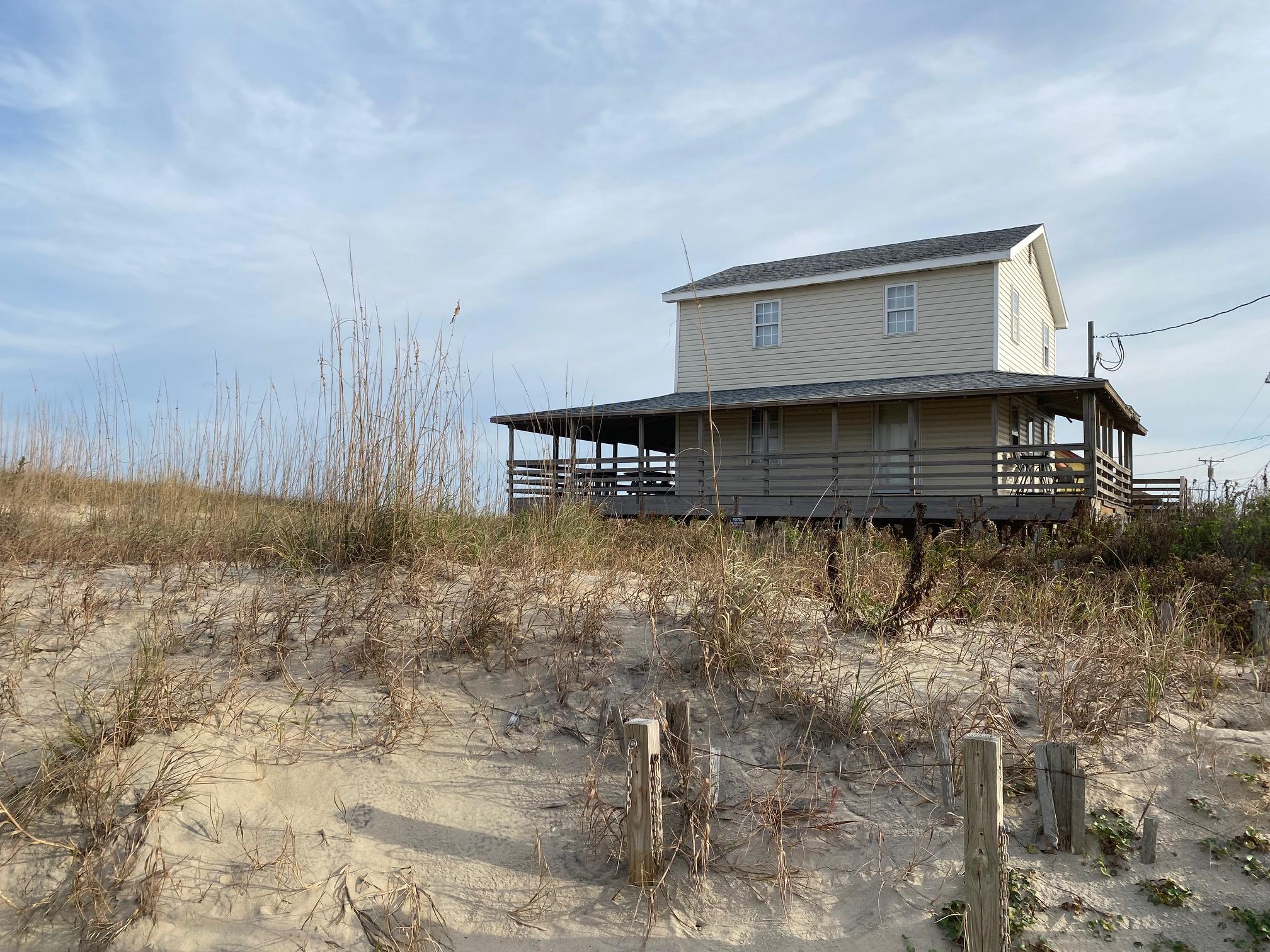As the year draws to a close, it’s not just the ocean winds shifting—it’s also time to fine-tune your tax strategy. If you own a second home in the Outer Banks that doubles as an investment property, a few smart moves now can make a big difference come April.
🏖️ 1. Capture Coastal Expenses
From salt air wear-and-tear to seasonal prep, Outer Banks homes often require unique upkeep. Be sure to document deductible expenses like:
• Storm-proofing and weather-related repairs
• Pest control (yes, those sand fleas count!)
• Landscaping and dune maintenance
• Property management and cleaning services. If you’ve upgraded with hurricane shutters or replaced a roof, those may be capital improvements—depreciable over time, not immediately deductible.
📅 2. Time Repairs Before Year-End
If your OBX rental had a strong summer season, now’s the time to reinvest. Repairs completed before December 31 can be deducted this tax year. Think HVAC tune-ups, deck fixes, or repainting—especially if you’re prepping for spring bookings. Book it now and avoid the rush.
🏠 3. Know Your Rental vs. Personal Use
The IRS draws a line between personal use and rental activity. If you stayed in your beach house more than 14 days or 10% of the total rental days, it may be considered a personal residence. That limits your deductions. Keep a clear log of rental vs. personal days to avoid surprises.
📉 4. Don’t Miss Depreciation
Even if your Corolla cottage or Nags Head retreat is gaining market value, the IRS lets you depreciate the structure over 27.5 years. This is a powerful tool to offset rental income—especially if you haven’t claimed it in past years. Talk to your tax pro about catching up.
📤 5. Prep for 1099s and Records
Did you hire a local contractor for deck repairs or a cleaner for turnover days? If you paid them over $600, you may need to issue a 1099. Start collecting W-9s now. Also, make sure your income and expense records are organized—especially if you use platforms like Airbnb or VRBO.
Owning a second home in the Outer Banks is a dream—but managing it like a business is what keeps that dream afloat. With a little year-end planning, you can protect your investment, reduce your tax burden, and sail into the new year with peace of mind.

 Facebook
Facebook
 X
X
 Pinterest
Pinterest
 Copy Link
Copy Link


